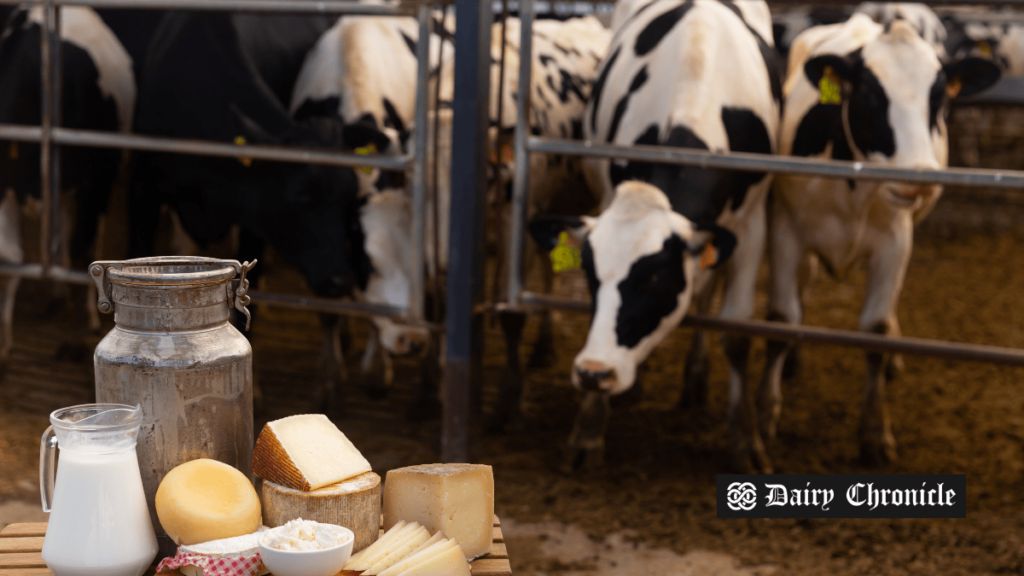Nepal’s dairy sector is facing a severe crisis due to an oversupply of milk during the flush season, leading to delayed payments to farmers. Prime Minister KP Sharma Oli has urged private dairies to clear outstanding dues, but financial constraints and unsold stockpiles have made it difficult. The state-owned Dairy Development Corporation (DDC) has also struggled with payments, prompting efforts to export dairy products to China.
Nepal’s dairy industry is experiencing a financial crisis as private dairies and the state-owned Dairy Development Corporation (DDC) struggle to clear outstanding payments to farmers. The situation has worsened due to a surge in milk production during the flush season, leading to excessive stockpiles and reduced market demand.
Prime Minister KP Sharma Oli recently announced in Parliament that he had directed private dairies to settle their dues. However, dairy operators claim they are unable to make payments due to unsold milk powder and butter worth approximately Rs4 billion ($30 million).
Dairy Industry Faces Severe Financial Strain
The DDC, Nepal’s largest state-owned dairy enterprise, confirmed that it had cleared farmer payments up to mid-September 2024, amounting to Rs2.4 billion ($18 million) but still owes over Rs700 million ($5.3 million). Despite the government’s directive, private dairies insist that clearing all dues is unfeasible under current market conditions.
The ongoing milk flush season has led to excess supply, making it difficult to manage payments, We have no choice but to convert milk into powder and butter, but with no buyers, our stock is piling up.”
Raj Kumar Dahal, President of the Dairy Industries Association.
Nepal’s dairy sector experiences two distinct seasons:
- Flush season (August–February): High milk production, leading to excess supply.
- Lean season (March–July): Reduced milk production, increasing market demand.
During the flush season, milk production outpaces demand at a ratio of 3:1, resulting in storage challenges and delayed payments.
Export Push Amid Local Market Struggles
To mitigate losses, the DDC recently signed an agreement with the Manaram Group to supply whey for producing Himalayan Dog Chew, an export product. Since December 30, 2024, the DDC has been supplying 1,000 kg of whey daily to Manaram Group’s plant in Ilam.
Additionally, the DDC has started negotiations to export butter to China, with support from Nepal’s agriculture ministry and the General Administration of Customs of China (GACC).
Dairies Seek Government Support
Private dairies had earlier requested financial aid from the Nepalese government, including loans to manage stockpiles, but the request was rejected. Many operators argue that unless the government provides credit support against unsold inventory, it will be impossible to clear farmer dues.
Despite these challenges, the Nepal Dairy Association, which represents 300 private dairies, claims that its members have settled all farmer payments and resumed regular transactions.
Declining Demand and Rising Costs
Nepal’s dairy consumption has dropped, with milk prices exceeding Rs110 ($0.82) per liter, making it less affordable for many consumers. Contributing factors include:
- Economic slowdown reducing household purchasing power.
- Rising unemployment and youth migration affecting domestic consumption.
- Higher production costs pushing retail prices upward.
As the crisis deepens, stakeholders in Nepal’s dairy industry are urging the government to introduce structural reforms, stabilize market conditions, and explore alternative markets for dairy exports. Without intervention, farmers may face further financial distress, impacting the long-term sustainability of the sector.



